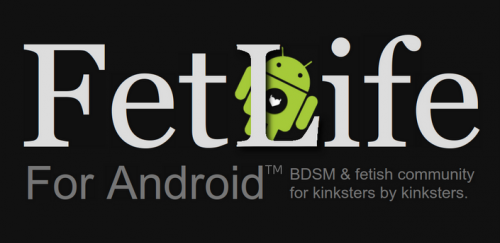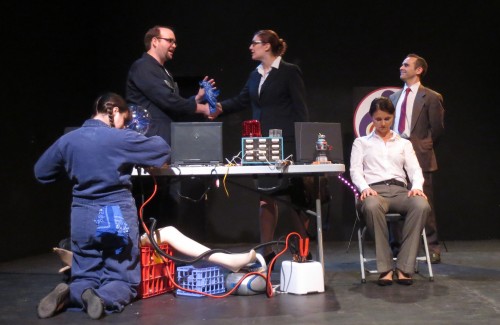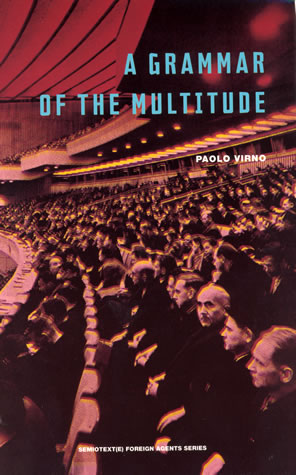In what follows, I attempt to diagnose the IRL Fetish, or the explicit preference of physical over digital, and in particular, the designation of the former as more “real” than the latter. Bear with me, the punch line is at the end.
I get invited to a lot of things. It’s not because I’m cool or popular—rest assured, I am not. I also get regular messages from friends offering deals on the products that they sell, such as Scentsy, MaryKay, and Tasteful Pleasures. It’s not because I’m rich or have expressed interest in these products—rest assured, I am a poor post-doc far more likely to buy new running shoes than liquefying candle wax . Rather, I receive these invitations, messages, and deals because I am part of a large Facebook network, through which information can be easily spread. And as a recipient under these circumstances, I think little of not only declining invitations and consumptive offerings, but often completely ignoring said objects with a fully clear conscience. No, I do not want any Fifty Shades of Grey Toys, nor do I want to attend an event entitled “Come Punch Me in the Face” (yes, that was an *actual* event someone invited me to), and I feel no inclination to articulate my decline, but assume that my silence implies disinterest. more...









 To the questions posed in the title of the panel “Whose Knowledge? Whose Web?”, the answer has too often, and too simplistically, been “everyone’s.” Among Web 2.0’s most strident enthusiasts, the rise of user-generated content is heralded as the reclaiming of knowledge production from entrenched institutions, allowing a brave new world of pluralist democracy to find expression online. These digital evangelists speak of the emancipatory promise of the Internet in language usually reserved for that of markets. In both cases, the prescription is the same: progress is a matter of access. Hence, the “digital divide” has become a discussion about disparities in connectivity rather than one about the expressions and reproductions of social inequalities online.
To the questions posed in the title of the panel “Whose Knowledge? Whose Web?”, the answer has too often, and too simplistically, been “everyone’s.” Among Web 2.0’s most strident enthusiasts, the rise of user-generated content is heralded as the reclaiming of knowledge production from entrenched institutions, allowing a brave new world of pluralist democracy to find expression online. These digital evangelists speak of the emancipatory promise of the Internet in language usually reserved for that of markets. In both cases, the prescription is the same: progress is a matter of access. Hence, the “digital divide” has become a discussion about disparities in connectivity rather than one about the expressions and reproductions of social inequalities online.